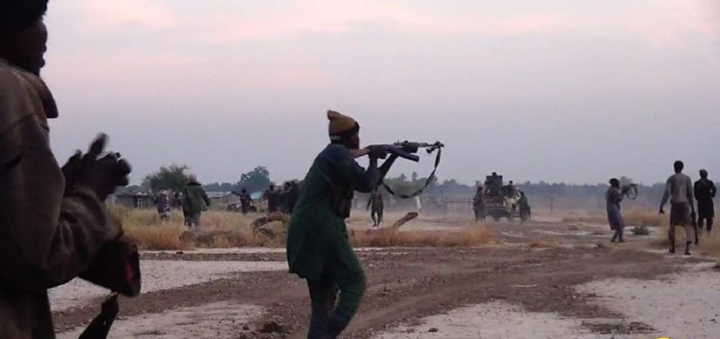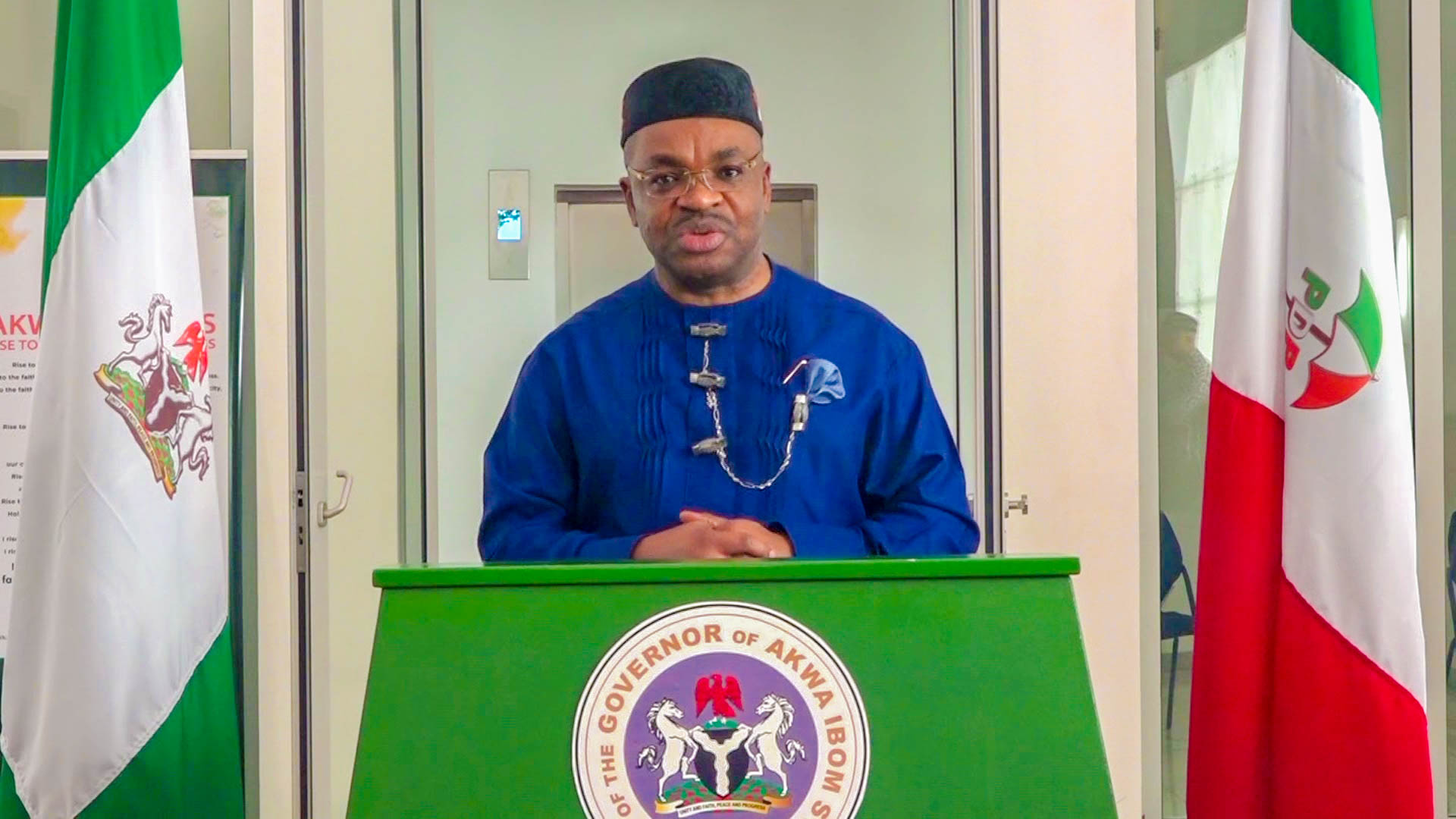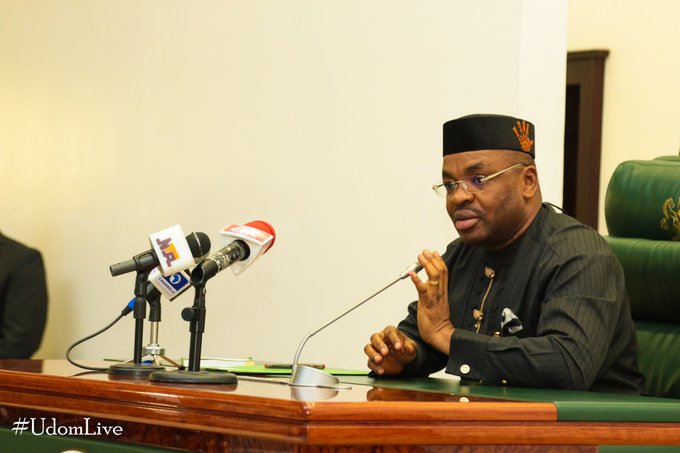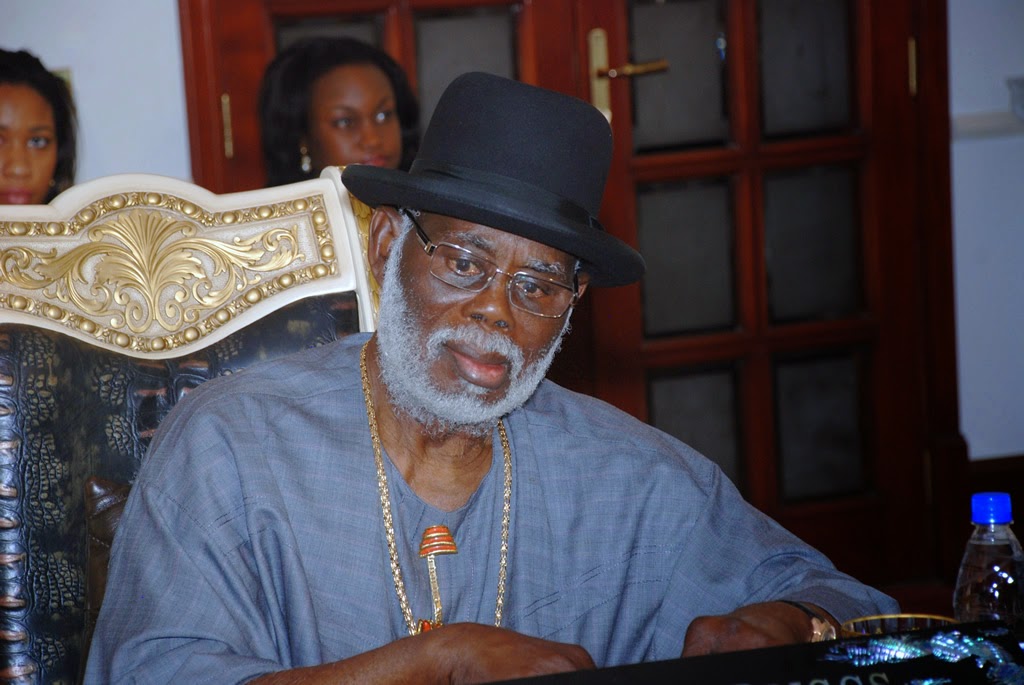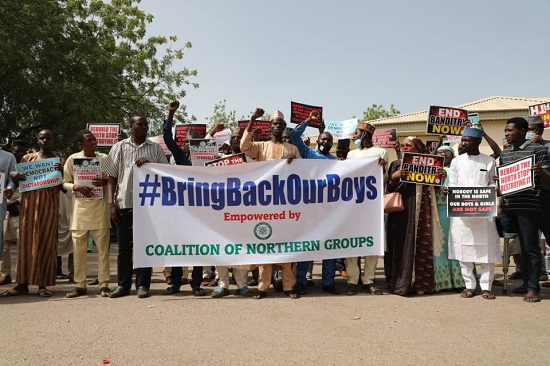BY MOHAMMED JUBRIL
What is today Boko Haram started sometime in the build-up to the 2003 general elections as an assemblage of a small clan of political thugs. Desperate Nigerian politicians and power grabbers imported the clan of banditti into Borno state from Niger Republic; armed and unleashed them on the people for partisan reasons.
The main assignment handed down to Boko Haram members by their political patrons or mentors was to violently eliminate, and assassinate tenacious political rivals. Boko Haram performed the hatched job creditably by assisting their paymasters win elections by all crooked means.
On election day, Boko Haram political thugs led the squad of ballot box snatchers and perpetrated all the electoral malfeasances’ in favour of sponsors. By 2011, Boko Haram became deeply entrenched in Borno, upgraded in status and morphed from mere armed political thugs to armed insurgents; freely expanded its antennae to other states of the Northeast on same agenda.
Advertisement
Some Nigerian politicians have the penchant to quickly embrace evil insofar as it brings personal benefits. So, Boko Haram gained unimaginable popularity and patronage from some political elites, especially in Borno. Those seeking political offices mooned them as worthy buddies.
Former two-tenured Governor of Borno state and now a, serving Senator, representing Borno Central Senatorial district, Alhaji Kashim Shettima plotted a major political dive for the plomb position of Borno Governor to succeed Sen. Modu Ali Sherrif in 2011. Sen. Shettima served in the state cabinet of Sen. Sherrif for years and in five different ministries.
Shettima served the administration under which Boko Haram was birthed, nourished and flowered. But the people of Borno, particularly, delegates in the defunct All Nigeria Peoples Party (ANPP) which governed Borno at that time rejected the choice of Shettima to fly the party’s flag for the 2011 guber ballot.
Advertisement
Therefore, ANPP party delegates handed over the ticket to a popular, focused and visionary leader, Engr. Modu Fannami Gubio. It was a loud statement from the ANPP to severe ties with any politician who had links with the Sherrif’s Government.
But Gubio did not live long enough to run for the governorship polls in April 2011. He was assassinated! The unfortunate incident happened at a time Boko Haram gained notoriety as hired mercenaries to eliminate political opponents. So, the assassination of Gubio was dramatic. Gubio had left his father’s house in Maiduguri city after the Friday Jamaat prayers, but was buttonholed by excited supporters who gathered outside the gate.
Gubio started addressing them and sooner, the unexpected happened. Gunmen on two motorcycles approached the scene and instantly opened fire into the crowed at the direction where Gubio stood. He was instantly felled by the assassin’s bullets; gruesomely murdered by gunmen on motorbikes believed to be Boko Haram mercenaries.
BBC’s correspondent, Bilkisu Babangida, in Maiduguri succinctly reported that “…politicians and the police believe this killing was politically motivated. Borno’s police boss at that time, Mohammed Jinjiri Abubakar also endorsed this view; “Obviously it’s a political assassination.”
Advertisement
An Africa adage says, “if an owl howls dreadfully in the night over a roof and a child dies the next morning; need not search far for the harbinger of the bad news.” Gubio was brutally and prematurely sent to his grave by suspected political adversaries.
Shettima knows he has disappointed himself and the people of Borno gravely in leadership. Sen. Shettima was unwittingly speaking to a troubled conscience at the public lecture organized by a Coalition of Youths Groups in Birnin Kebbi, with the innocuous confessional statement that his successor Gov. Babagana Zulum is “better than me in all ramifications.”
